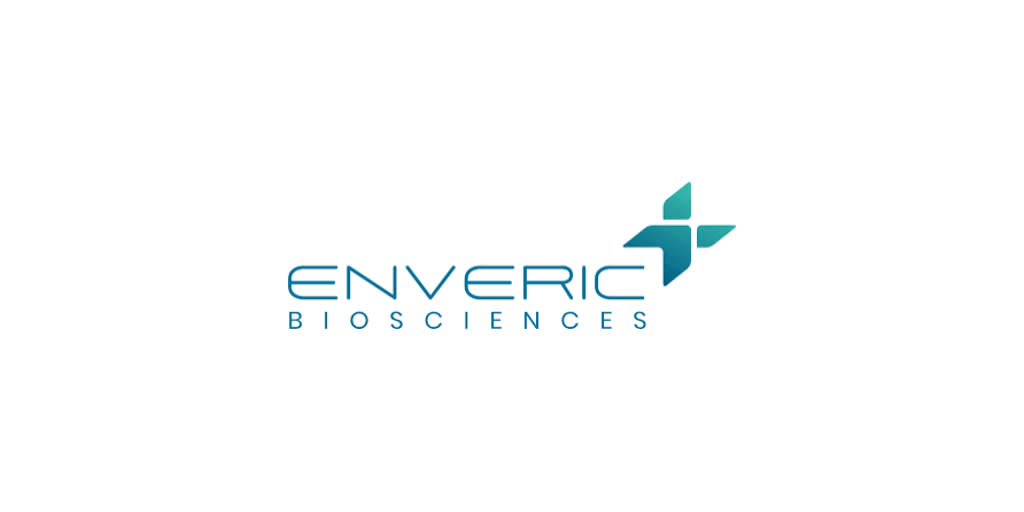
Genes, Dreams, and Bio Machines: Meet the SynBioBeta 2025 Award Winners
Genes, Dreams, and Bio Machines: Meet the SynBioBeta 2025 Award Winners
In an age defined by interconnected global crises—climate disruption, health pandemics, resource scarcity—it's clearer than ever that our world needs profound solutions. As it's often been argued, the most important breakthroughs of our era won't just be technological; they'll be human-powered, driven by visionaries who combine innovation with purpose. The 2025 SynBioBeta Awards highlight precisely this convergence of science, sustainability, and transformative leadership.

Consider Dean Kamen, recipient of the Synbiobeta 2025 Lifetime Achievement Award, whose name might conjure images of Segways or robotics competitions. But today, his legacy extends into groundbreaking efforts at the Advanced Regenerative Manufacturing Institute, where he's pioneering new frontiers in regenerative medicine. This isn’t merely science for science's sake—it's innovation aimed squarely at the most fundamental of human needs: health and wellbeing. Kamen demonstrates the immense power of persistent curiosity combined with practical impact.

Then there’s Hermann Hauser, also a recipient of a Lifetime Achievement Award, an entrepreneur whose vision and strategic courage reshaped computing and biotechnology. His ventures—Acorn Computers and ARM Computing—underpin much of our digital infrastructure. But his early investment in Solexa, later acquired by Illumina, accelerated the genomic revolution, proving again the power of foresight in enabling transformative technological shifts. Hauser exemplifies how daring early bets can profoundly alter our collective future.

Peter Diamandis, honored with the Life-So-Far Achievement Award, embodies a distinctly American brand of optimism—one grounded in human ingenuity and relentless ambition. With XPRIZE, he's catalyzed radical innovation by inspiring competitive breakthroughs in diverse fields from space exploration to healthcare. His approach underscores an essential truth: innovation thrives when we reward bold thinking and audacious risk-taking.

Jason Chin, recipient of the Impact Award, is quietly reshaping our biological future from within the labs at Constructive Bio. His pioneering work to expand the genetic code promises breakthroughs that stretch the imagination, enabling new forms of medicine, manufacturing, and sustainable living. Chin's contributions are vital because, in this century, mastering biology means mastering our destiny.

Jeanne Loring, winner of the Industry Leader Award, offers a vivid illustration of science in service of humanity through her work in stem cell therapy at Aspen Neuroscience. Her commitment to ethically rigorous, patient-focused regenerative medicine demonstrates not just what is achievable scientifically, but what is morally imperative. Her leadership highlights a broader truth: the most impactful innovations are those that alleviate human suffering.

Meanwhile, Harshal Chokhawala, awarded the Rising Star Award for his leadership at ZymoChem, proves sustainability isn't just altruistic—it's smart business. His bio-based, carbon-negative materials aren’t only innovative; they're economically viable solutions that address urgent environmental issues head-on. Chokhawala exemplifies a critical shift: sustainability and profitability must go hand-in-hand if we're to forge a viable future.

Alex Zanghellini, who has earned the Pioneer Award for his work at Arzeda, leverages machine learning and enzyme engineering, bridging biological research and computational science. His approach, grounded in interdisciplinary collaboration, represents the type of integrative thinking essential for addressing complex global challenges. By merging diverse fields, Zanghellini exemplifies the interconnected innovation needed in our increasingly interdependent world.

Finally, Mike Koeris, recipient of the Public Service Award at DARPA’s Biological Technologies Office, underscores how government leadership remains indispensable in driving large-scale innovation. By steering groundbreaking biosecurity and biotechnology initiatives, Koeris highlights how thoughtful, strategic public leadership is essential to nurturing the innovation ecosystems of the future.
Each of these remarkable leaders illustrates a critical lesson: solving global problems demands more than just technical skills—it requires vision, courage, and a commitment to humanity. As they gather at SynBioBeta 2025, these awardees remind us that the future isn't something that simply arrives—it’s something we actively create, through biology, through innovation, and most crucially, through inspired human leadership.



.svg)









-min.png)

.gif)